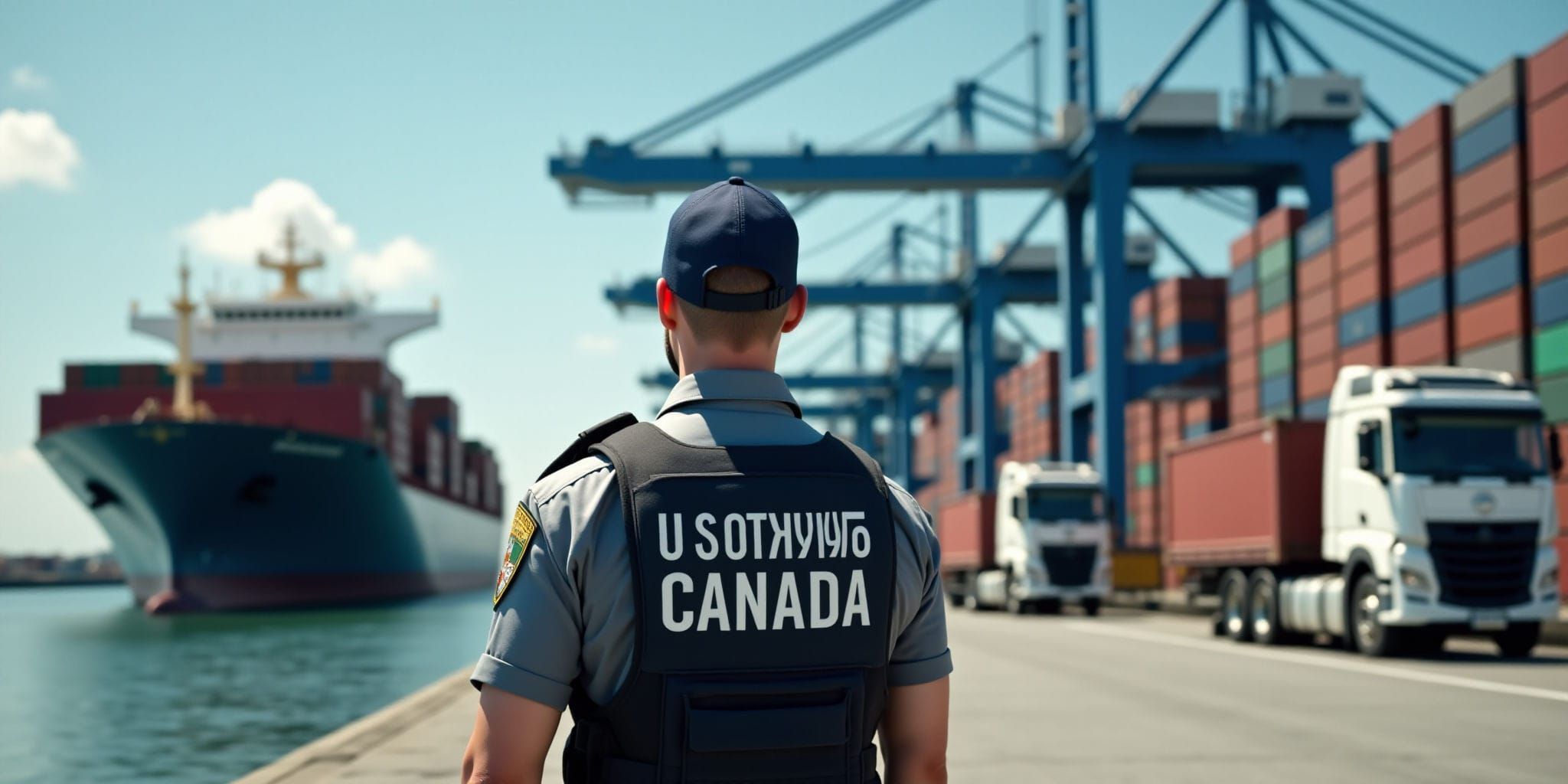March 4, 2025

The world of logistics is no stranger to change, and as international trade frameworks shift, professionals within this sector must stay informed and agile. A current case in point involves the U.S. Customs and Border Protection (CBP) preparing to enforce new tariffs on goods from Canada and Mexico. These changes, which were announced in a federal register notice just hours before they went into effect on March 4, bring significant implications for the logistics industry, impacting international trade relationships, compliance processes, and overall supply chain management.
The official notice from the CBP outlined planned alterations to the harmonized tariff schedule, which serves as a critical element in international trade compliance. This update changes the way certain goods are categorized and taxed as they enter the United States from Canada and Mexico, two of the nation's largest trading partners. Such regulatory shifts necessitate that logistics professionals reassess their customs processes to ensure adherence to new compliance standards. Failing to do so could lead to increased costs and delays, potentially disrupting supply chain operations.
The announcement takes place against a backdrop of evolving trade policies, which have seen various adjustments under different administrations. The preparation and implementation of these tariffs underscore the importance of adaptability within logistics operations. Such changes emphasize the need for logistics companies to invest in compliance expertise and technologies to effectively navigate the intricacies of international trade laws.
The enforcement of these tariffs carries profound implications for a wide array of stakeholders in the logistics arena. Logistics professionals and companies involved in cross-border operations will need to revisit their strategies, ensuring that they are equipped to handle the complexities of the revised tariff schedule. This may mean enhancements in training for compliance teams, increasing the role of technology to automate tariff calculations, and revising contracts with suppliers and customers to reflect the potential impact of increased costs.
For supply chain managers, this shift also highlights the importance of valuing flexibility and resilience in their operations. Disruptions from non-compliance can cascade down the chain, affecting everything from transportation scheduling to inventory management. Companies that proactively adjust their strategies to incorporate these new requirements stand a better chance of maintaining smooth operations and customer satisfaction.
In the ever-evolving landscape of international trade, staying informed of regulatory changes is paramount for success in the logistics industry. The recent CBP tariff enforcement action on goods from Canada and Mexico exemplifies the kind of challenges that can arise and disrupt established processes. It serves as a reminder of the need for continuous vigilance and adaptability in strategy and execution.
As we navigate these updates, staying informed and prepared remains the best course of action for logistics professionals. In an industry where timing and precision are everything, being proactive can make all the difference. Keep abreast of further developments and ensure your supply chain operations can adapt smoothly to the changing tides of global trade.